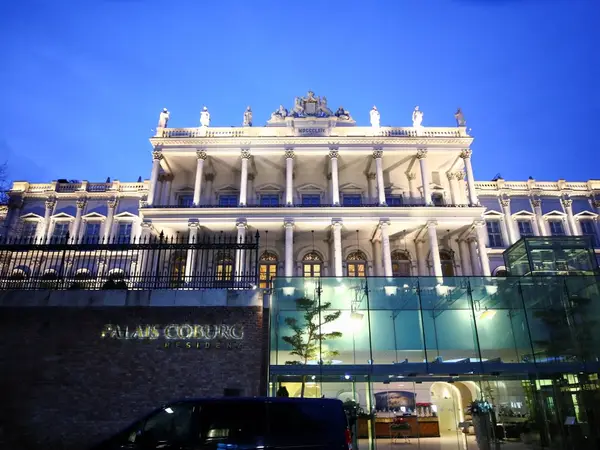American and Iranian diplomats were leaving Vienna Monday after the European chair of talks offered a fresh and “final” text for renewing the 2015 nuclear deal.
European officials described the document to journalists as a ‘take it or leave it’ offer for both sides. One told Iran International that Enrique Mora, the European Union official coordinating talks in the Austrian capital since Thursday, had circulated a “final text…with all the necessary points to put into action.” Another European official told AFP that the text was “not subject to further negotiations” and that a result was expected in “the next few weeks.”
By contrast, the official IRNA news agency portrayed Mora’s text as “some ideas concerning some of the remaining issues.” IRNA said that “four rounds of talks” in Vienna had seen “relative progress in some issues,” while Mora’s proposals required “further and more complex examination” before Iran gave its “opinions and observations to the coordinator [Mora] and other parties.”
Iran’s Nour News, which is affiliated to the Supreme National Security Council, denied a report that the text would be finalized within hours.
The US State Department told Iran International that Washington will "now await the EU’s next steps" and added, "we stand ready to quickly conclude a deal on the basis of the EU’s proposals."
Discussions in Vienna began Thursday after the European Union foreign policy chief Josep Borrell in late July circulated a text designed to bridge gaps between Iran and the US over restoring the 2015 nuclear deal, the JCPOA (Joint Comprehensive Plan of Action).
Nearly a year of multilateral talks in Vienna, April 2021-March 2022, and June’s bilateral United States-Iran meeting in Qatar, failed to agree which US sanctions, introduced after 2018 when Washington left the JCPOA, breached the agreement, and how Iran should return its nuclear program, developed after 2019, to JCPOA limits.
‘Swift decisions’
In a newspaper article July 26, Borrell said the time had come for “swift political decisions” as “the space for additional significant compromises has been exhausted.” But while European officials stressed Borrell’s text was a last chance to restore the JCPOA, Vienna brought days of intense discussions, political and technical, as EU diplomats scurried between the two different hotels along Vienna’s historic Ringstrasse where the American and Iranian delegations were based.
Reports emerging from the talks suggested the substantive remaining points were guarantees sought by Iran of access to world markets as required under the JCPOA, and continuing enquiries by the International Atomic Energy Agency (IAEA) into nuclear work carried out by Iran before 2003.
The European official speaking to Iran International reiterated the EU’s position that these enquiries, over unexplained uranium traces found at several sites, are ‘technical’ matters within the IAEA’s remit and unrelated to the JCPOA talks. Tehran argues that the agency in 2015 issued a conclusive report on Iran’s pre-2003 work and revived the matter only after allegations made by Israel.
The latest Vienna talks have essentially been between Iran and the US with the EU coordinating. Other JCPOA signatories – China, France, Germany, Russia, and the United Kingdom – have sat aside while holding some bilateral meetings to renew progress.
Mikhail Ulyanov, Russia’s IAEA ambassador, tweeted Monday that “the participants in the Vienna talks now needed to decide if the draft is acceptable.” He put “the final text” in quotation marks.
